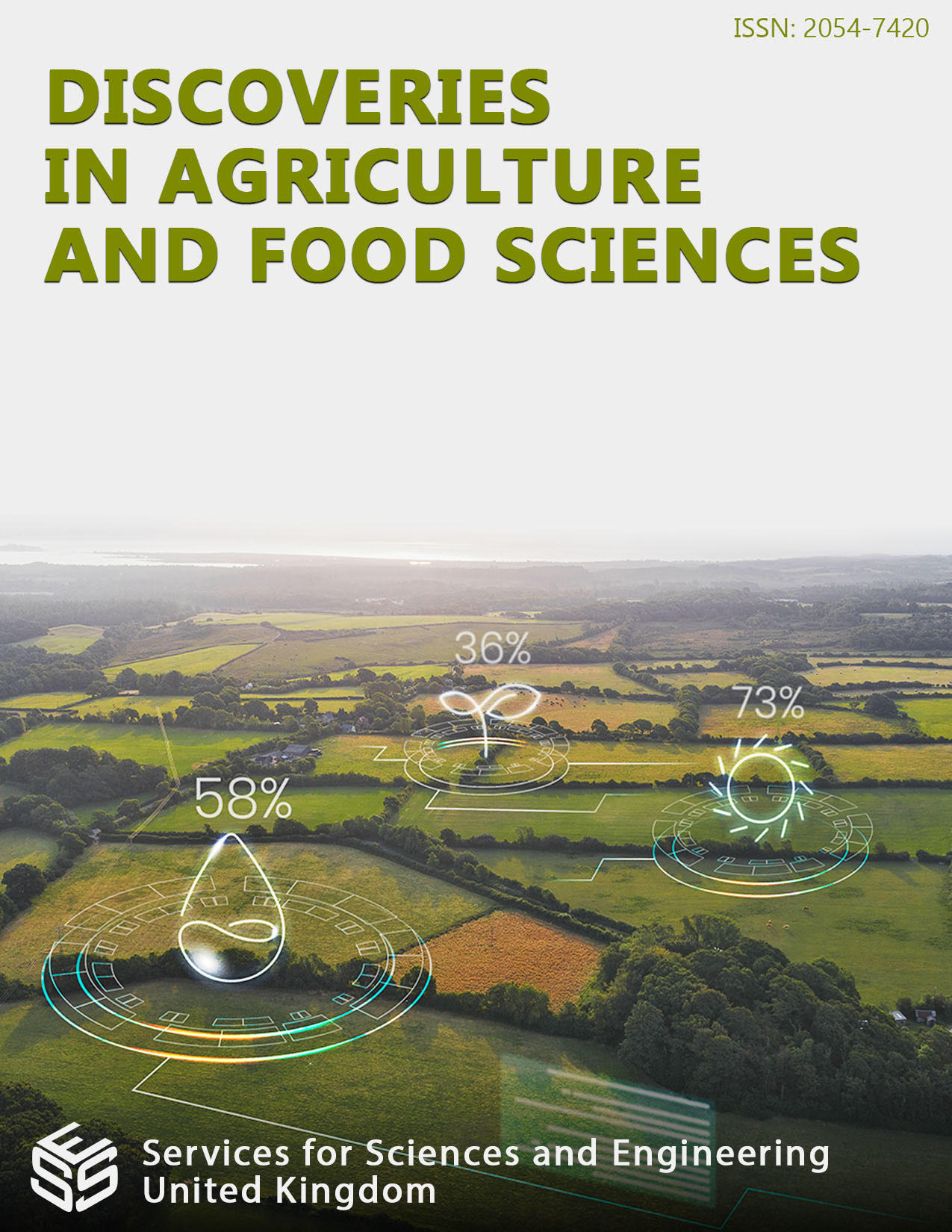Use of Amazon Regional Products, Co-Products in Sustainable Agroindustry
DOI:
https://doi.org/10.14738/tnc.123.17106Keywords:
sustainability, amazon natural food source, extrusion, agroindustry, byproductsAbstract
The Amazon region harbors a treasure trove of biodiversity, encompassing a vast array of flora and fauna that offer tremendous potential for sustainable agroindustry. This abstract explores the utilization of Amazon regional products and co-products in fostering sustainability within the agroindustrial sector. Harnessing the rich biodiversity of the Amazon, agroindustries can integrate a diverse range of products and co-products into their operations, facilitating a circular economy model that minimizes waste and maximizes resource efficiency. By tapping into indigenous knowledge and traditional practices, innovative approaches can be developed to transform raw materials into high-value products, promoting economic development while preserving the ecological integrity of the region. Furthermore, by supporting local farmers and indigenous communities in the production and trade of these crops, agroindustries can contribute to poverty alleviation and social empowerment. For instance, residues from açaí processing can be transformed into nutrient-rich animal feed or organic fertilizers, while by-products from Brazil nut extraction can be utilized in the production of cosmetics, pharmaceuticals, and biofuels. Through innovative processing technologies and value chain optimization, these co-products can be transformed into lucrative revenue streams, enhancing the economic viability of agroindustrial enterprises.
Downloads
Published
How to Cite
Issue
Section
License
Copyright (c) 2024 José Luis Ramírez Ascheri, Diego Palmiro Ramirez Ascheri, Arturo Meléndez Arévalo, Paola Zampirolli Petri, Ronel Joel Bazán Colque, Erika Madeira Moreira da Silva

This work is licensed under a Creative Commons Attribution 4.0 International License.






